How Much and How Often Should You Feed Your Fish?
Updated on 05/26/24
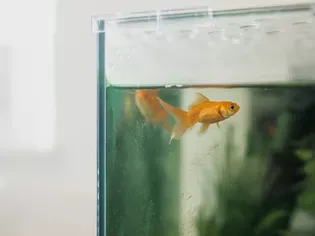
How Much and How Often Should You Feed Your Fish?
Providing your beloved aquatic companions with the appropriate amount and frequency of food is crucial for their health and well-being. Understanding their nutritional needs and feeding habits is essential to ensure their optimal growth, vitality, and longevity. This comprehensive guide will equip you with all the knowledge you need to become a master fish feeder.
Determining the Feeding Frequency
The feeding frequency for your fish primarily depends on their species and size. Generally, the following guidelines apply:
* Small fish (up to 2 inches): Feed 2-3 times a day
* Medium-sized fish (2-4 inches): Feed 1-2 times a day
* Large fish (over 4 inches): Feed 1 time a day
Calculating the Feeding Quantity
The amount of food you provide should be based on the fish's size and appetite. A good rule of thumb is to feed:
* Small fish: 2-3% of their body weight per day
* Medium-sized fish: 1-2% of their body weight per day
* Large fish: 0.5-1% of their body weight per day
Types of Fish Food
There are various types of fish food available, each with its own nutritional profile. Choose foods that are specifically formulated for the type of fish you keep. Common types of fish food include:
* Flake food: A versatile option commonly used for small and medium-sized fish.
* Pellet food: A high-protein food suitable for larger fish species.
* Freeze-dried food: A nutritious option that closely resembles live food.
* Live food: A natural and enriching food source, but can be difficult to maintain.
Feeding Young Fish
Young fish have a higher metabolism and require more frequent feedings. Fry (newly hatched fish) should be fed several times a day with live food or specialized fry food. As they grow older, you can gradually reduce the feeding frequency.
Feeding Adult Fish
Adult fish typically require a more varied diet. In addition to commercial fish food, you can offer them treats such as vegetables (e.g., zucchini, peas), fruits (e.g., bananas, strawberries), and insects (e.g., brine shrimp, mealworms).
Signs of Overfeeding
Overfeeding can lead to health problems such as obesity, digestive issues, and water quality problems. Signs of overfeeding include:
* Fish begging for food excessively
* Uneaten food accumulating in the tank
* Fatty deposits around the fish's abdomen
* Reduced activity and lethargy
Signs of Underfeeding
Underfeeding can also be detrimental to fish health, leading to malnutrition, stunted growth, and disease susceptibility. Signs of underfeeding include:
* Fish losing weight or appearing thin
* Reduced activity and appetite
* Increased susceptibility to infections
Other Feeding Tips
* Avoid feeding your fish more than they can consume within a few minutes.
* If you're going on vacation, consider using an automatic feeder or asking a friend to feed your fish.
* Clean the tank regularly to remove uneaten food and waste.
* Observe your fish's behavior and adjust the feeding schedule or amount as needed.
Examples:
* A 2-inch neon tetra should be fed 2-3 times a day, with each feeding consisting of approximately 0.05% of its body weight (around 10-15 flakes).
* A 4-inch goldfish should be fed 1-2 times a day, with each feeding consisting of approximately 0.05% of its body weight (around 1-2 pellets).
* A 6-inch cichlid should be fed once a day, with a meal consisting of approximately 0.05% of its body weight (around 15-20 pellets).
Conclusion
By following these guidelines and observing your fish's behavior, you can ensure that your aquatic companions receive the optimal nutrition they need to thrive. Remember, it's always better to err on the side of underfeeding than overfeeding. A healthy, well-fed fish is a happy fish!
Explore More Pets
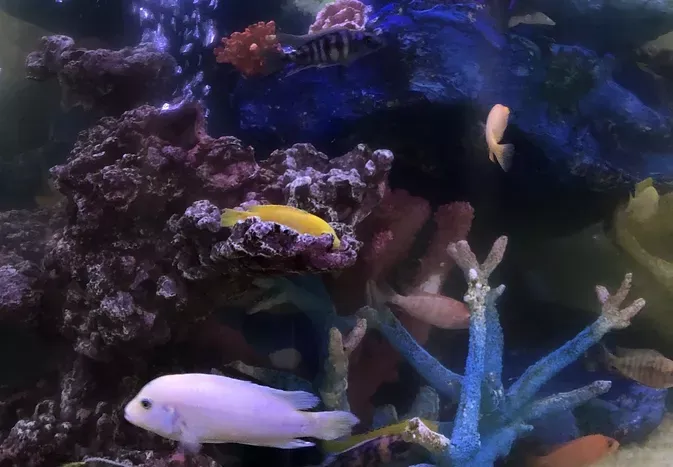
Freshwater Aquarium Filters
How to Deal With Cloudy Aquarium Water
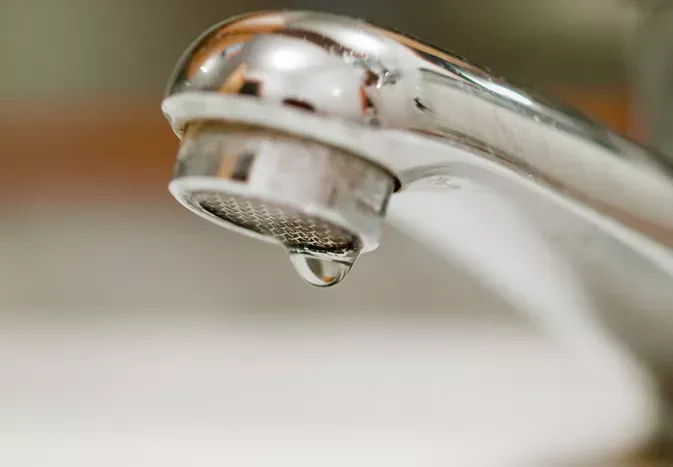
Saltwater Aquarium Filters
How Do You Remove Chloramines From Tap Water?
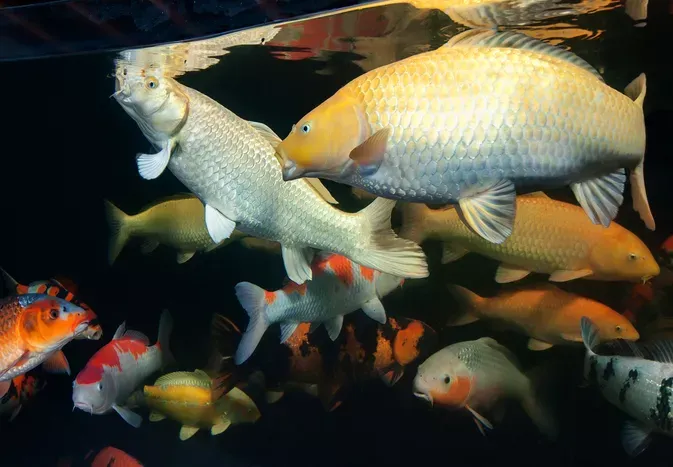
Freshwater Aquariums & Habitat
Can I Keep My Koi Fish Inside?
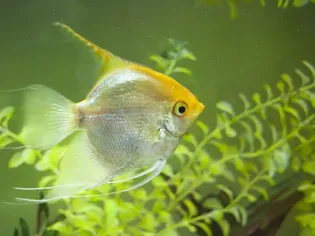
Saltwater Aquariums & Habitat
14 Best Floating Plants for Your Aquarium
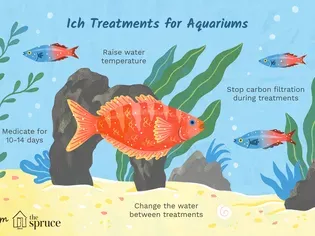
Freshwater Fish Health
How to Treat Ich on Freshwater Fish
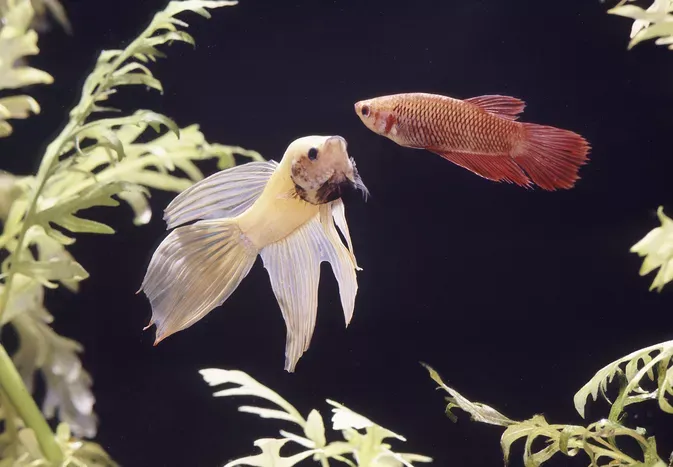
Saltwater Fish Health
Fin Rot in Aquarium Fish
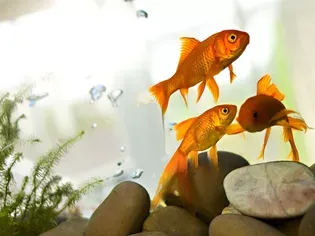
Freshwater Aquarium Filters
How to Do Aquarium Water Changes
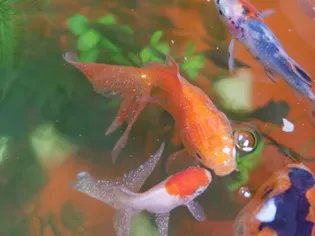
Saltwater Fish Health
How Do Fish Get Parasites?
